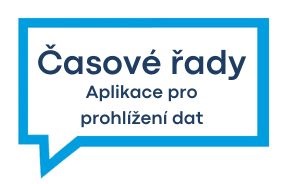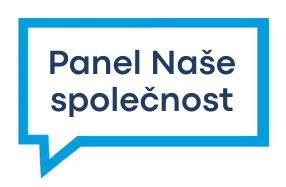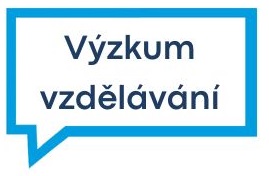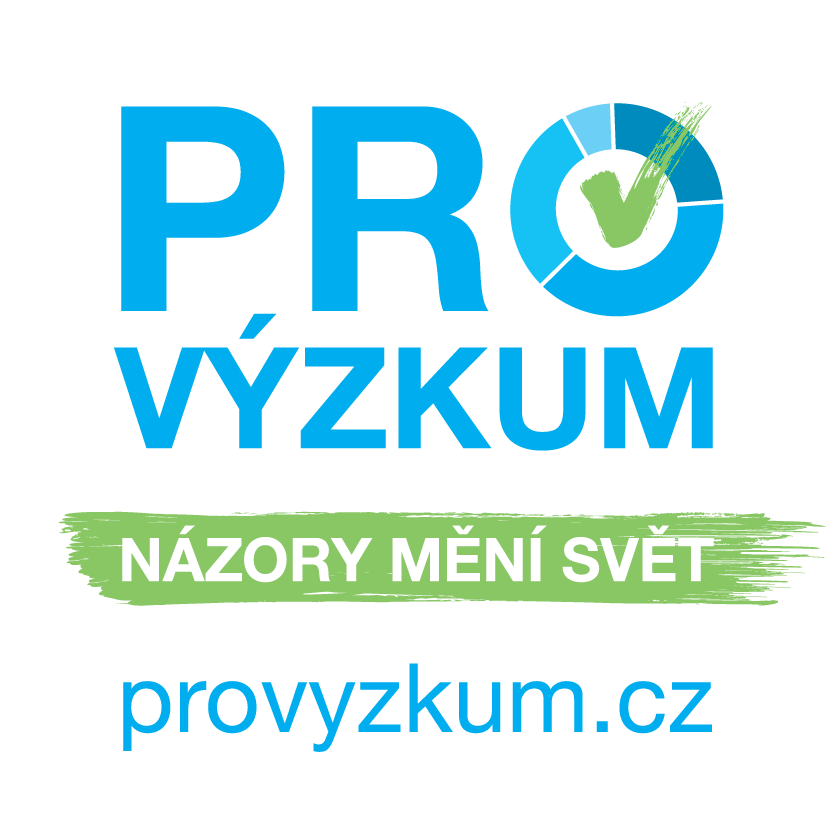V tomto textu se z metodologického hlediska zabýváme otázkou důvěryhodnosti politiků. V první části se podíváme na to, jak se v sociologické a související literatuře vymezují pojmy důvěra a důvěryhodnost. Následující část se věnuje způsobům, jakými se zkoumá důvěryhodnost politiků. Třetí a hlavní částí článku bude představení vlastního výzkumu důvěryhodnosti politiků, který využil novou metodu zkoumání, založenou sociolingvisticky.
The article is divided into three main parts. In the first part, an overview of scholarly views on trust/trustworthiness is provided. The second part is concerned with the issue of how the politicians’ trustworthiness is measured by contemporary research agencies. In the third part, the experiment on politicians’ trustworthiness utilizing a new method is reported. This method is based on indirect questioning and it builds on the hypothesis that the more trustworthy a politician is, the more people will agree with his statements and consider them seriously. Four parallel questionnaires were employed. The first questionnaire (N=53) contained 10 short fictitious quotations and subjects were asked to rate them according to their solidness, acceptability, and positivity, and they were asked to say to what extentdid they agree with them. Five of these quotations were used in the next three questionnaires (N=48;47;42) and the names of five Czech politicians (K. Schwarzenberg, A. Vondra, R. John, V. Filip and B. Sobotka) were attached to them. No name was attached to the same quotation twice. Respondents were divided into four independent groups and each group responded to one questionnaire. The independent two-sample t-test was used for the comparison of the ratings and 20 statistically significant results were obtained. This means the method could be one of the keys for a better understanding of such a complex notion as is the trustworthiness of politicians in the future.











